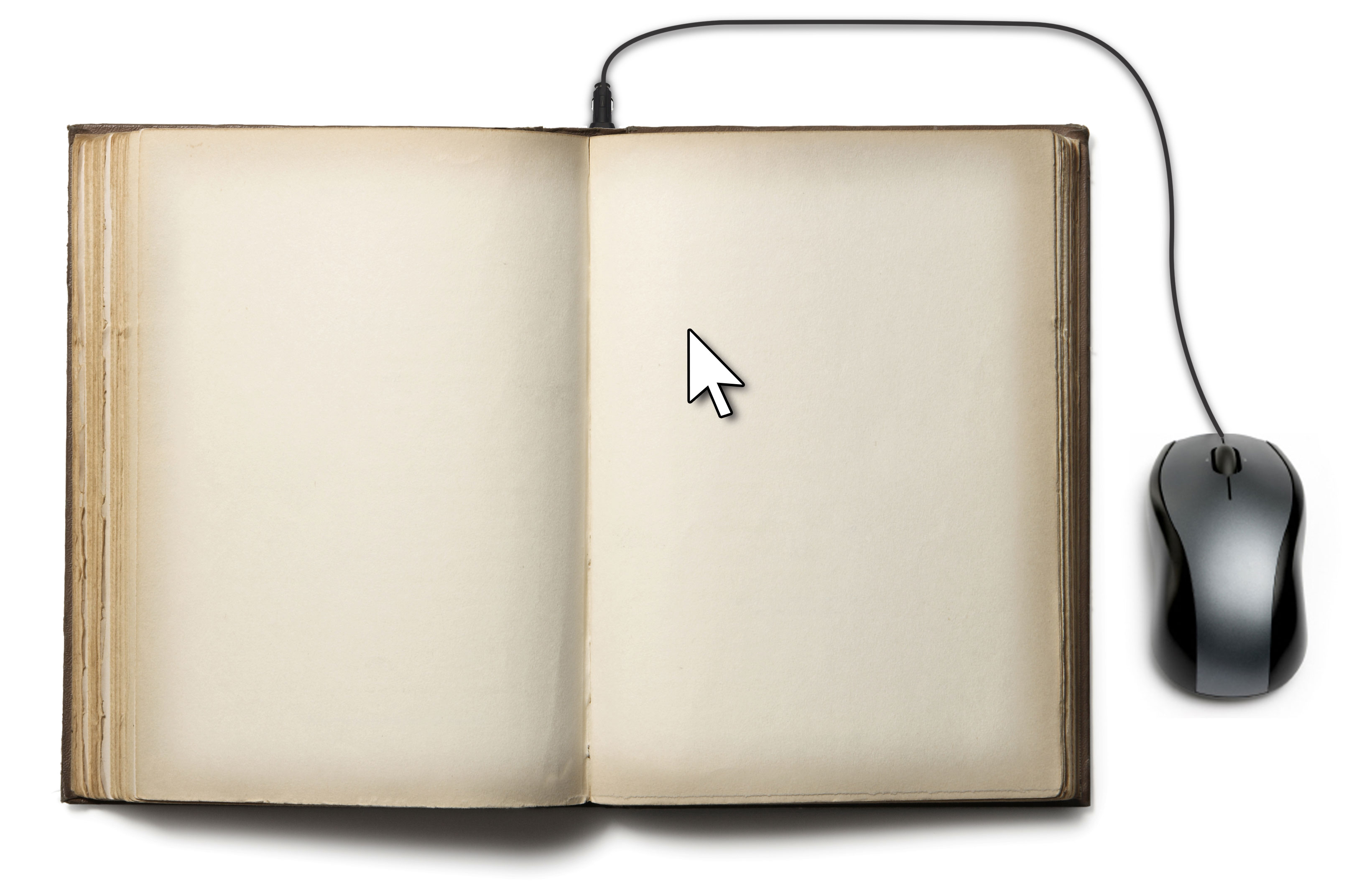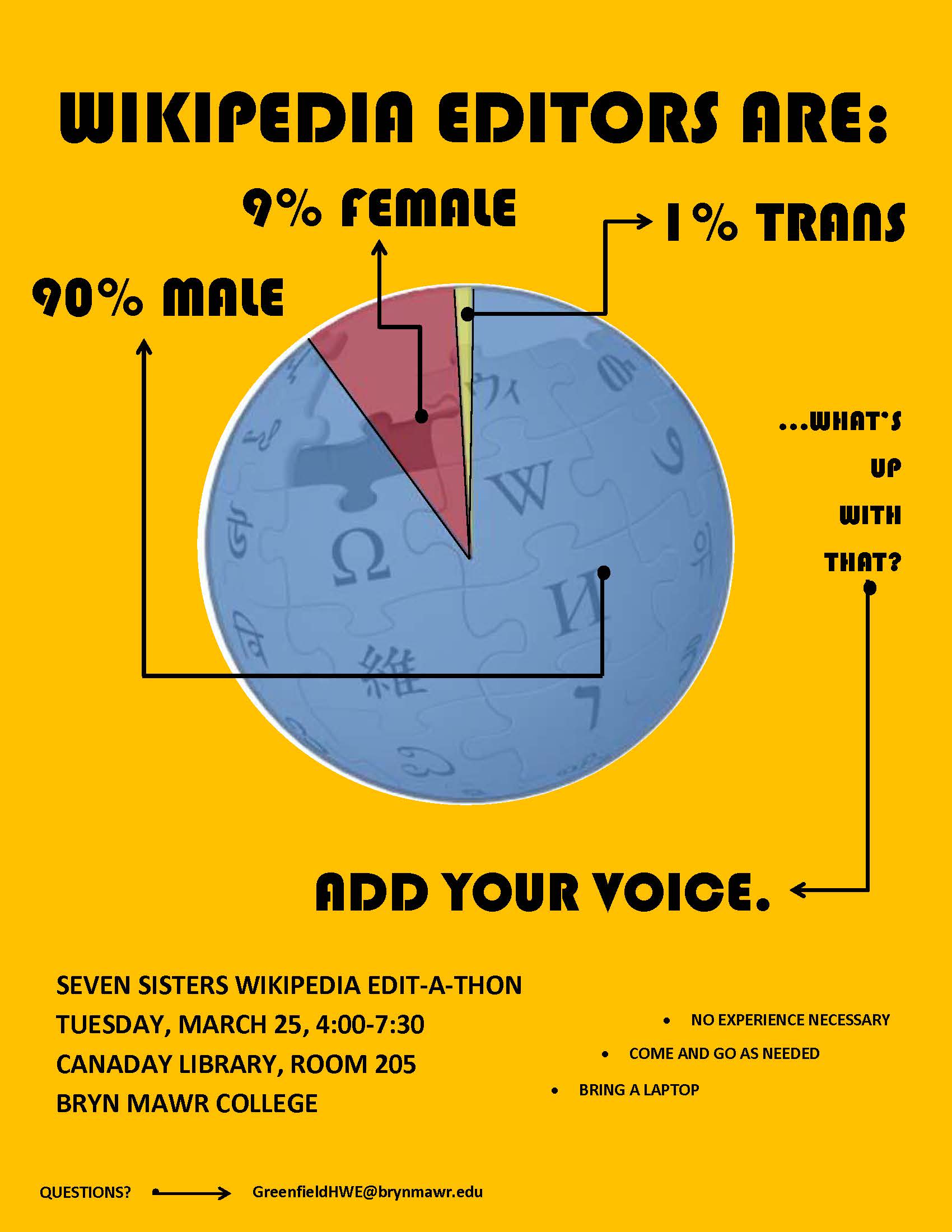Queer, Feminist, and Transgender Studies Research Cluster
2014 Conference
TransAmericas
University of California Davis
May 15 and 16, 2014
Call for Submissions
Deadline: Friday, March 31
Keynote Speakers
Ana Minan Raquel
Rigoberto Gonzalez
Julio Salgado
2014 marks the twentieth anniversary of the passing of the North American Free Trade Agreement, a neoliberal program with intentions to bring modernity to Latin America. 2014 also marks 20 years since the Zapatista indigenous rebellion surfaced to resist draconian neoliberal structural policies that plague the Americas. Coming out of social movement struggles against neoliberal currents, it became clear that the role of gender and sexuality formed an equally essential part in the shaping of both grassroots and state institutions.
This conference will examine sexuality, gender, and feminism in the shifts taking place within the Americas as they affect the circuits of queer migration, the transnationalism of feminist discourses, and the reconceptualization of forms of gendered subjectivity in relation to transcultural exchange within the hemisphere.
Reflecting on the past 20 years, it appears that Latin America is leading the continent when it comes to recognizing gender and sexuality-based rights. While the US still struggles with federal marriage equality and workplace protections for LGBT people, Brazil has recognized same-sex civil unions for a decade; Argentina granted its citizens, including those underage, access to free coverage for gender reassignment surgery and the right to legally change their gender. Uruguay, Colombia, and Mexico have followed suit.
Discussions about gender and sexuality are at the forefront of hemispheric scholarship.For instance, how does gender and sexuality disrupt monolithic notions of the Americas? Given the advancements of gender and sexual rights based movements throughout the Americas, what are the negotiations of constructing new social policies within an economic and social neoliberal hegemony?
By rethinking “trans” in its relation to the hemisphere, this conference seeks to move away from strictly comparative analyses by examining transmigrations across borders, cultural straddling, as well as problematizing and queering the concept of the Americas itself. How do migrations across the Americas queer national belonging? How does gender, sexuality, and desire shape circuits of labor and pleasure?
Attending to gender and sexuality in the Americas in this way opens new possibilities for inquiry into relations of heteronormativity, homonationalism and imperialism; peculiar socialities in local, national and transnational contexts; disruptions to conventional narratives of a panethnic Latino culture; transgressions and gender negotiations.In particular, we are interested in breaking down borders between U.S. American and Latin American studies, as well as exploring how sexuality and gender work to police borders and citizenship.
Possible topics include:
Trans Politics
Gendered Configurations of Cultural Memory
Encounters and “Des-encuentros”
Rights Discourse and the Pinkwashing of the Americas
Transnational Feminisms
Reproduction and Nationalism
Regulation and Policing of non-normativity
Social Histories of queer sexualities in the Americas
Territories of resistance and eco-feminism
Embodiment of borders
Xenopobia and criminality of immigrants
Politics of Translation
Colonial religion and sexuality
Sexuality and racial formation
Medicine and Sexual difference
Public health policies/ regulation of sex work
Heritage and performance of identity
Rethinking gender in diaspora studies
We welcome submissions in English, Spanish and Portuguese. If you are interested in presenting, sharing or discussing, please send an email to: icporras@ucdavis.edu (subject line: Trans Americas CFP) by Friday, March 31 and indicate whether you would like to:
1. Present a paper (if so, please provide a title and brief abstract in the email body (250 words max))
2. Organize a panel (if so, please provide the panel title and a panel abstract with paper titles in the email body (400 words max))
2. Share work-in-progress as part of a roundtable workshop (if so, please summarize your line of inquiry or research interests in the email body (250 words max))
3. Present a performance (if so, please include a title, brief description of performance, and website if applicable in the email body)





